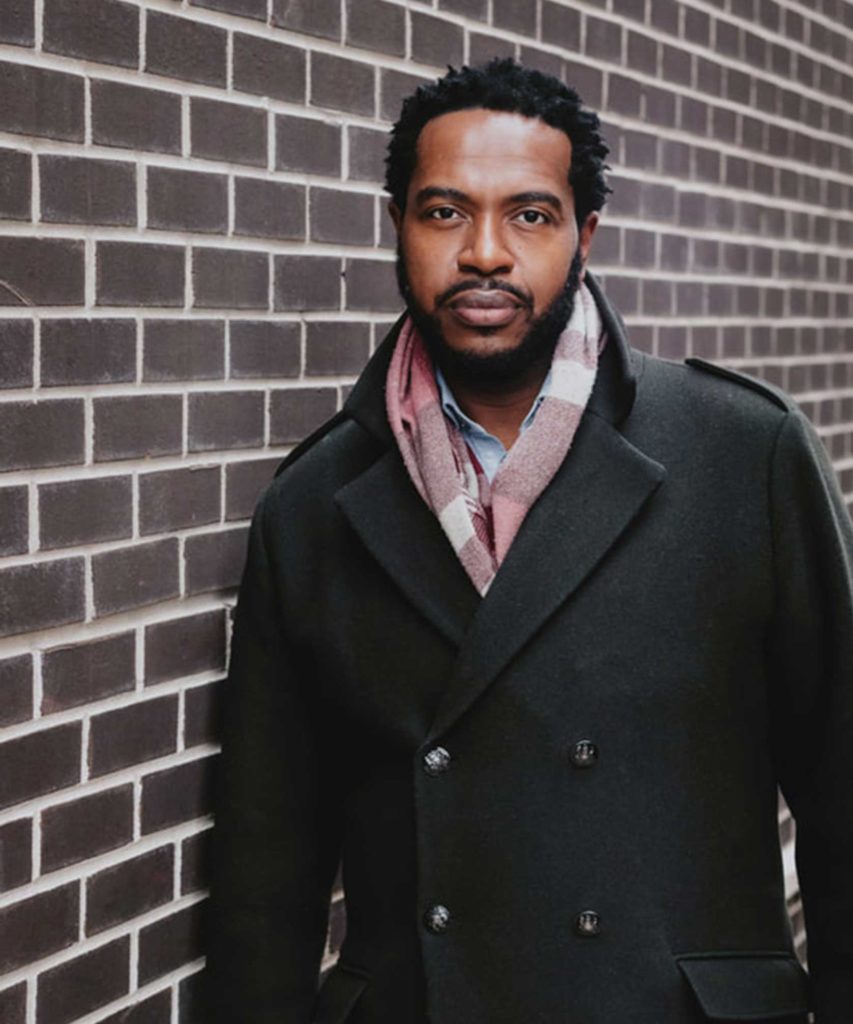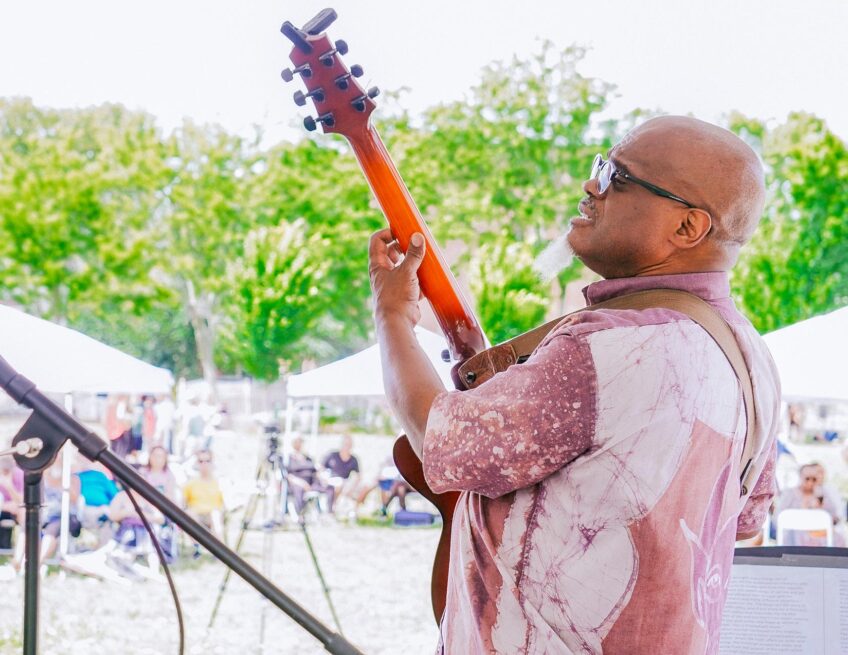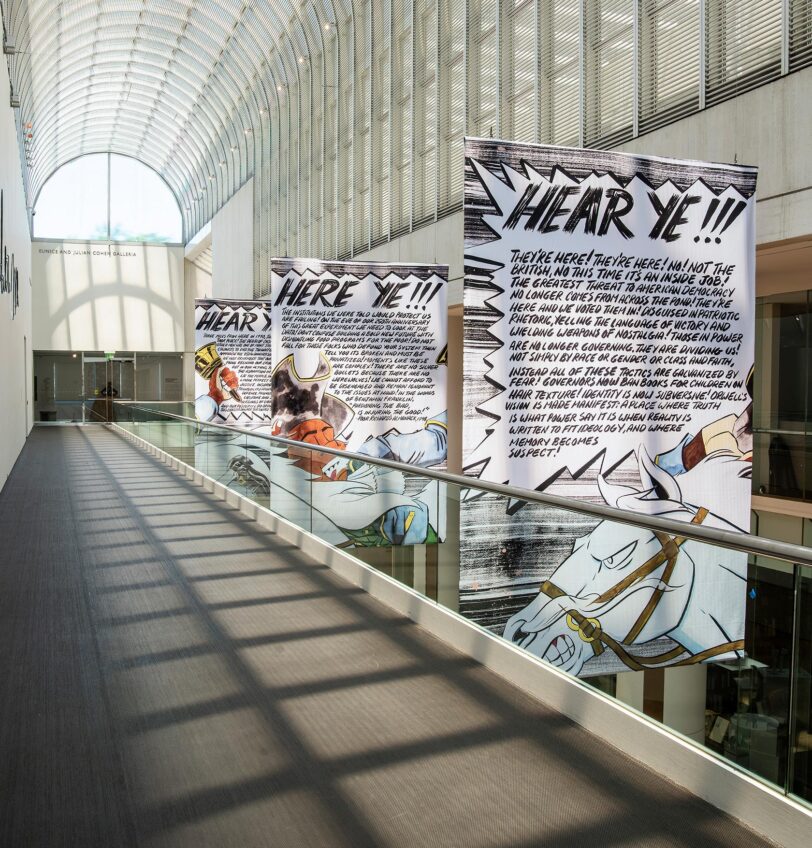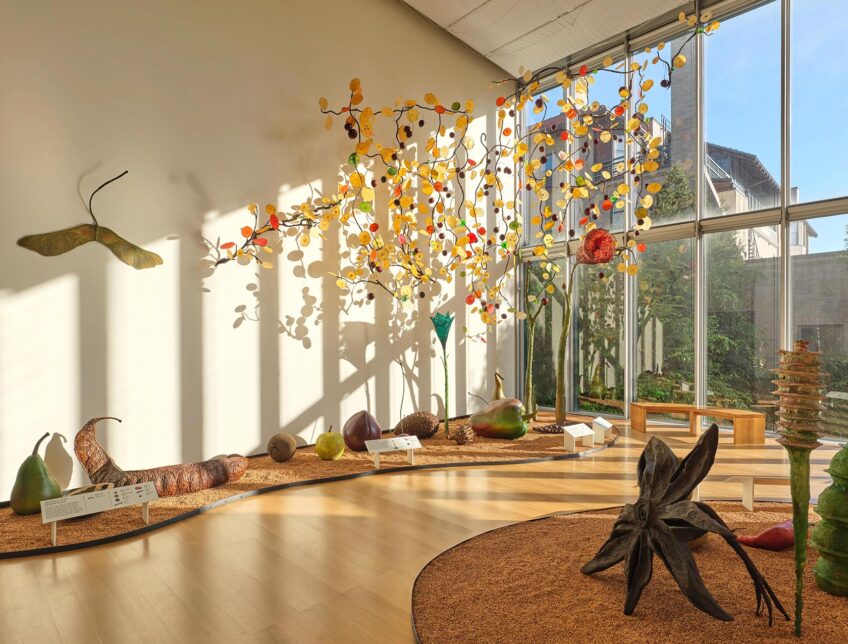BLO’s ‘Champion: An Opera in Jazz’ reflects on life of boxer Emile Griffith

This month, the Boston Lyric Opera returns to the stage for its first full performance in a theater since 2019. And they’re coming back with a bang: “Champion: An Opera in Jazz” celebrates the legacy of six-time world champion prizefighter Emile Griffith.
The story is told from two vantage points in Emile’s life. An older version of Griffith (Brian Major), struggling with dementia and physical decline, reflects on his past, while a younger Griffith (Markel Reed) plays out some of the boxer’s most important moments. Originally a successful ladies’ hat maker in St. Thomas, Griffith was recruited by an American boxing promoter and thrown into a new world.
Major says he was drawn to the show because it presented a true story of a man of color, rather than the stereotyped roles often available for Black performers in the opera space. “We share African descent, and so that sharing of our heritage and where we come from that really spoke to me,” says the baritone.
Griffith was a talented boxer and was celebrated for his success in the ring. But as a Black queer man, he faced significant prejudice in the 1950s and ’60s culture of the United States. A fight with Benny “Kid” Paret marked his career and his conscience. During the fight, Paret ended up in a coma, and later died from fight injuries. The experience weighed on Griffith privately his whole life.
“It’s really a story about people, it’s a story about acceptance, and the things that society chooses to accept and the things that society chooses to condemn,” says Major. There is a striking quote from Griffith himself that punctuates the show. “I killed a man and the world forgives me; I love a man and the world wants to kill me.”
The opera’s jazz score was written by Grammy-winning, Oscar-nominated jazz trumpeter and composer Terence Blanchard and Pulitzer Prize and Tony Award winning librettist Michael Cristofer.
Major says one of the most interesting parts of the process was watching the fight choreography come together, where the physicality of boxing is translated into the smooth melodies of the jazz opera. “It’s really fascinating to see how fluid these moves really are,” says Major. “These fight sequences really truly look like boxing matches, but they also look like they’re dancing.”
Many themes are probed in “Champion” and in Griffith’s complex life. Here is a man whose physical ability dominated his life, now weakened both mentally and physically as he reflects on his past. He desperately seeks redemption for Paret’s death but never received his own justice and acceptance for his romantic choices.
“I want the audience to leave knowing that we need to accept everyone as they are,” says Major, who hopes the performance will bring reflection on our inequities. “Our main focus on this earth is to live in harmony and peace.”







